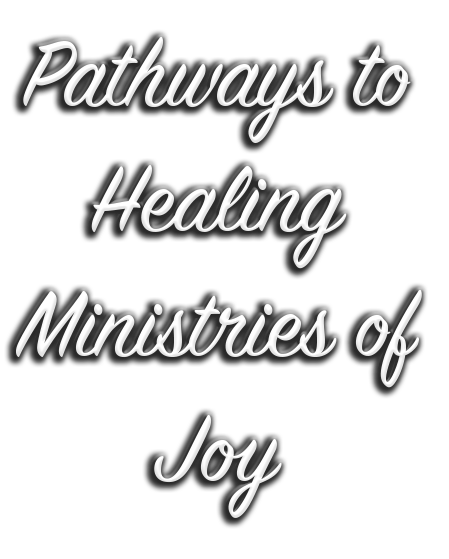Do you ever feel dumb—unable to think as fast as you would like? Or unable to accomplish things as quickly as circumstances seem to demand? Maybe feeling “less than” at times? I have and frequently do.
A parent’s early messages such as “Come down off your high horse,” and “Don’t get too big for your britches,” can carry excess weight. For sure, siblings can be “good” at deflating one’s developing ego through daunting retorts.
Unfortunately, we are most readily prone to see and accept our perceived limitations. We deny or minify the fine, beautiful facets of our natures, thus failing to value the down to earth, home spun side of ourselves. Or, we could think of one’s self as strong, power-filled—and of great worth . . . a creature of tremendous beauty, or “Mr Atlas” with a brain to be admired?” imagine what could happen if that became a daily “mantra?”
After all, we gain empowerment by focusing on our gifts and our strengths rather than our weaknesses.
And, who is going to stand up for our strengths unless we see and find them in ourselves?
Our ego is the aspect of personality that mediates between environmental demands, conscience, and instinctual needs to provide themselves with positive inner feedback. Unfortunately, many children grow up without much strength in their egos, which sees them grow up with more negativism about themselves than self-assurance.
This lays ground for developing beliefs like, “Life is hard, something to be endured,” and “It’s every man for himself; do everything you can to reach the top of the heap.” Such messages about the meaning and purpose of life are crippling.
Recalling, here, words of Scott Peck, MD, in The Road Less Traveled. He saw how grace plays a role in the formation of a human being. Without the grace of God, many with fragile, wounded egos would have perished along the way. Fortunately, God gets involved. Every time our Creator finds us in even the slightest listening stance He wants us to know we have a lot to offer—and that life is an exciting adventure, meant to be enjoyed. We are meant to explore and find meaningful service, making our own path “a road less traveled,” while on this journey of life on earth.
John Powell, S.J., in Fully Human Fully Alive, writes of the importance of correcting our “life vision,” replacing misconceptions of reality formed in early stages of growth. It takes work, but we are up for it.
Powell writes that identifying the misconceptions that affect our view of life takes place when we follow negative emotions back to their source. Ask, “What basic belief lies behind the feeling I am having?” Honestly facing our true inner moorings means we resist thoughts like, “I shouldn’t feel this way.” Otherwise, the tendency to gulp down our feelings is pervasive and doing so, long-term, can make us sick.
It takes valuing one’s self to develop the best self-esteem we can muster. Otherwise we hobble through life pretending we don’t feel hurt when we do, wearing masks portraying what we want others to believe about us. Having confidence in ourselves and who we are, does not come easily but it pays off hugely!
God wants to help us figure out who we really are. He speaks to us through nature, through people, dreams, events, and especially through Scripture. Like in Joshua 9:1, “Be strong and of good courage; do not be afraid, nor be dismayed, for the Lord your God is with you wherever you go.”
He “speaks,” too, in the quietness of a stilled mind. Mostly what comes is a sense of being accompanied. There is a sweetness and softness as words are at times “heard.” Words like, “You are fine; you are mine. There is a purpose . . . a plan. Let me lead. I’ve got your hand.”
These are the messages that allow us to feel accompanied in life—and it becomes an exciting adventure. When we place our trust in Him, God brings understanding into the tragedies and the pain, which makes us stretch and grow. Our part is to leave spaces in life for reflection, solitude, silence. And, then to receive, and believe.
Through this process, the Master Teacher enables us to enter into true humility, where we honestly accept our strengths and our goodness, alongside our weaknesses.
God’s purpose is to bring us into wholeness, solidly into seeing—and believing—God is available, desiring to accompany us in this journey on earth. This makes it possible to become what Saint Irenaeus of the second century claimed, “The glory of God is a human being fully alive.”
Oh, that we might listen and learn all that the Master has to teach us.”


Leave A Comment